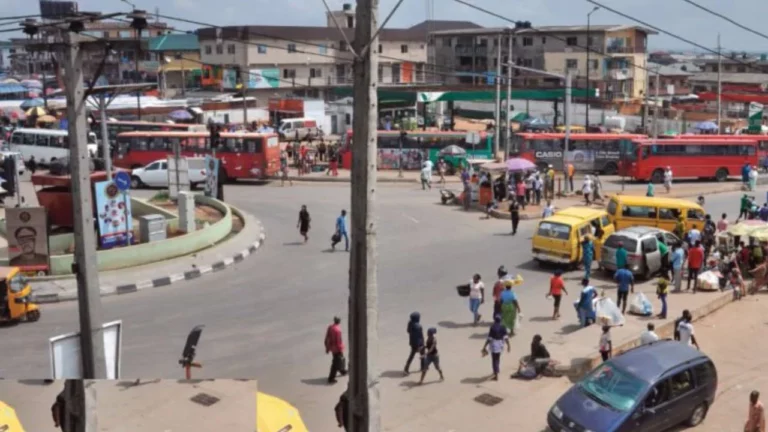News
One Dead, Three Rescued In Lagos Building Collapse
-
Metro5 days ago
Police Vows To Arrest Killers of NSCDC Officers In Edo
-
Politics5 days ago
BREAKING: INEC Recognises David Mark-led ADC Leadership
-
News5 days ago
FG Gazettes New Tax Reform Laws
-
Metro4 days ago
Edo Agency Intercepts 14-yr-old Sickle Cell Sufferer, Others, Trafficked To Libya, Mali
-
Metro5 days ago
Police Arrest Over 80 Suspects, Recover Guns In Delta
-
Metro5 days ago
Kano Police Arrest Suspected Armed Robbers, Recover Stolen Vehicle
-
Metro5 days ago
Police Arrest Suspected Illicit Drugs Dealer In Delta
-
Metro4 days ago
Police Arrest ‘Obi Of Lagos’, Foil Installation
-
Metro5 days ago
Police Arrest Two Suspected Armed Robbers In Delta, Recover Arms, Ammunition, Others
-
Metro4 days ago
Special Squad Uncovers Kidnappers’ Armoury, Camps In Edo Forest
